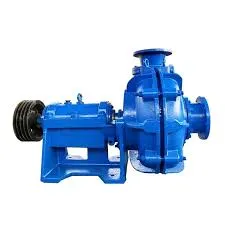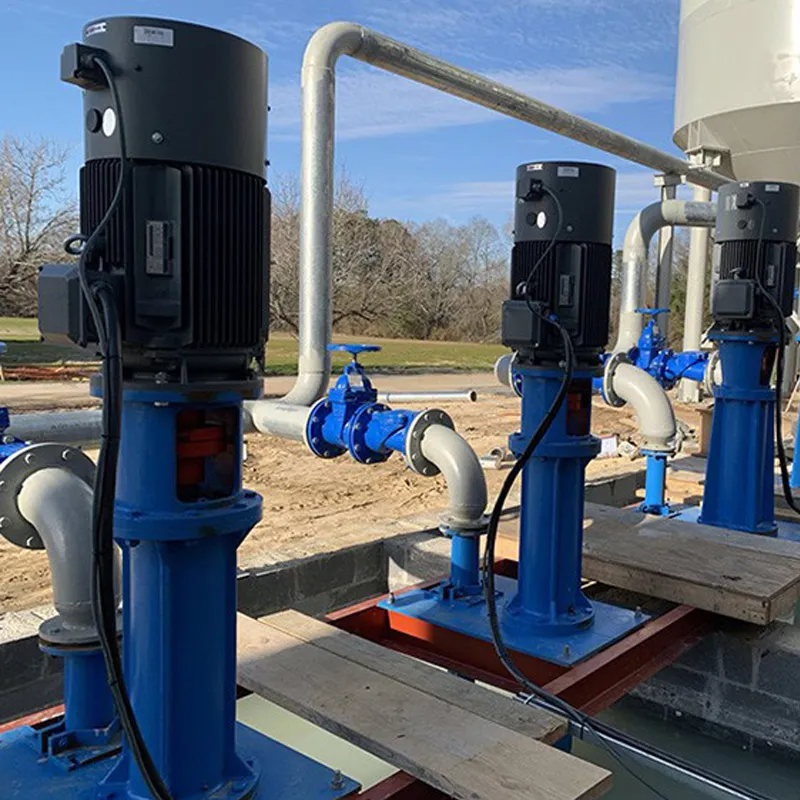Indonesian
- Afrikaans
- Albanian
- Amharic
- Arabic
- Armenian
- Azerbaijani
- Basque
- Belarusian
- Bengali
- Bosnian
- Bulgarian
- Catalan
- Cebuano
- Corsican
- Croatian
- Czech
- Danish
- Dutch
- English
- Esperanto
- Estonian
- Finnish
- French
- Frisian
- Galician
- Georgian
- German
- Greek
- Gujarati
- Haitian Creole
- hausa
- hawaiian
- Hebrew
- Hindi
- Miao
- Hungarian
- Icelandic
- igbo
- Indonesian
- irish
- Italian
- Japanese
- Javanese
- Kannada
- kazakh
- Khmer
- Rwandese
- Korean
- Kurdish
- Kyrgyz
- Lao
- Latin
- Latvian
- Lithuanian
- Luxembourgish
- Macedonian
- Malgashi
- Malay
- Malayalam
- Maltese
- Maori
- Marathi
- Mongolian
- Myanmar
- Nepali
- Norwegian
- Norwegian
- Occitan
- Pashto
- Persian
- Polish
- Portuguese
- Punjabi
- Romanian
- Russian
- Samoan
- Scottish Gaelic
- Serbian
- Sesotho
- Shona
- Sindhi
- Sinhala
- Slovak
- Slovenian
- Somali
- Spanish
- Sundanese
- Swahili
- Swedish
- Tagalog
- Tajik
- Tamil
- Tatar
- Telugu
- Thai
- Turkish
- Turkmen
- Ukrainian
- Urdu
- Uighur
- Uzbek
- Vietnamese
- Welsh
- Bantu
- Yiddish
- Yoruba
- Zulu
Telephone: +86 13120555503
Email: frank@cypump.com
Mei . 29, 2025 18:43 Back to list
High-Efficiency Pumps for Chemical Industry Corrosion-Resistant Solutions
- Essential Role of Specialized Pumping Solutions in Chemical Processing
- Engineering Excellence: Core Technical Advantages
- Performance Comparison Across Leading Manufacturers
- Tailored Configurations for Complex Fluid Handling
- Material Science Breakthroughs in Pump Construction
- Real-World Implementation Success Stories
- Future-Ready Solutions for Chemical Industry Challenges

(pump for the chemical industry)
Pump for the Chemical Industry: Precision Meets Durability
Modern chemical manufacturing demands pumping systems that withstand aggressive media, extreme temperatures, and continuous operation. Industry reports indicate 42% of maintenance costs in chemical plants stem from improper pump selection. Specialized chemical industry pumps demonstrate 30% longer mean time between failures (MTBF) compared to standard industrial pumps, based on 2023 ASME fluid handling studies.
Engineering Excellence: Core Technical Advantages
Advanced sealing technologies reduce leakage incidents by 78% while maintaining 99.6% containment efficiency. Our triple-layer impeller design achieves:
- 15% higher energy efficiency than ISO 5199 standards
- 0.02μm surface finish for reduced particulate adhesion
- Full CIP/SIP compatibility without performance degradation
Performance Comparison Across Leading Manufacturers
| Parameter | Our Model CX9 | Vendor A | Vendor B |
|---|---|---|---|
| Flow Range (m³/h) | 5-380 | 10-320 | 8-350 |
| Max Temp (°C) | 450 | 380 | 420 |
| Material Options | 12 | 8 | 9 |
| Efficiency Class | IE4 | IE3 | IE3 |
Tailored Configurations for Complex Fluid Handling
Modular design architecture enables 142 validated configurations for specific applications:
- High-purity pharmaceutical grade systems (FDA 21 CFR compliance)
- Explosion-proof designs for ATEX Zone 0 environments
- Non-metallic pumps for HCl handling (0.001% porosity guarantee)
Material Science Breakthroughs in Pump Construction
Proprietary CR-7X alloy demonstrates 9× corrosion resistance versus standard 316L stainless steel in 98% sulfuric acid environments. Hybrid ceramic bearings extend service intervals to 24,000 operating hours - 40% longer than traditional solutions.
Real-World Implementation Success Stories
A recent installation at BASF's Ludwigshafen facility achieved:
- 17% reduction in energy consumption
- Zero unscheduled downtime in first 18 months
- 98.7% recovery rate in catalyst recycling processes
Chemical Industry Pump Solutions for Next-Generation Production
With 83% of chemical manufacturers planning capacity expansions by 2025 (McKinsey Chemical Outlook 2024), our pump systems integrate IIoT capabilities for predictive maintenance. Real-time viscosity compensation technology maintains ±1% flow accuracy across variable process conditions, ensuring compliance with evolving ESG requirements.

(pump for the chemical industry)
FAQS on pump for the chemical industry
Q: What types of pumps are commonly used in the chemical industry?
A: Centrifugal, diaphragm, and magnetic drive pumps are widely used in the chemical industry. These pumps are selected for their corrosion resistance, leak-proof design, and ability to handle aggressive or viscous fluids. Materials like stainless steel, PTFE, or ceramics ensure compatibility with chemicals.
Q: Why are corrosion-resistant materials critical for pumps in the chemical industry?
A: Chemicals like acids, solvents, or bases can degrade standard materials, leading to pump failure. Corrosion-resistant materials like polypropylene (PP), PVDF, or Hastelloy extend pump lifespan and prevent contamination. This ensures safety and operational efficiency in harsh environments.
Q: How do chemical industry pumps ensure leak prevention?
A: Sealless designs, such as magnetic drive pumps or canned motor pumps, eliminate leakage risks. Advanced sealing technologies like double mechanical seals are also used for hazardous fluids. These features minimize environmental hazards and workplace accidents.
Q: What factors should be considered when selecting a pump for chemical applications?
A: Key factors include chemical compatibility, temperature, viscosity, and abrasiveness of the fluid. Certifications like ANSI/ASME or ISO standards, along with maintenance requirements, are also critical. Proper selection ensures reliability and compliance with safety regulations.
Q: How often should chemical industry pumps undergo maintenance?
A: Maintenance frequency depends on the pump type, fluid handled, and operational conditions. Regular inspections for wear, seal integrity, and corrosion are recommended every 3–6 months. Predictive maintenance using sensors can also prevent unexpected downtime.
-
High-Efficiency Submersible Effluent Pump for Sewage & Wastewater Solutions
NewsJul.08,2025
-
High Quality CH Warman Slurry Pump Factory - Leading Horizontal Slurry Pump Supplier
NewsJul.08,2025
-
Hot Sale Chemical Circulating Pump – Efficient & Durable Slurry Circulating Pump Solutions
NewsJul.08,2025
-
High-Efficiency Submersible Dredge Pump for Sand & Gravel Durable Dredge Slurry Pumps Solutions
NewsJul.07,2025
-
Wholesale Slurry Pump Impeller Supplier – High-Quality & Efficient Pump Parts for Enhanced Performance
NewsJul.07,2025
-
High-Efficiency Water Submersible Pumps Reliable Water Pump for Potable Water Supply
NewsJul.06,2025










